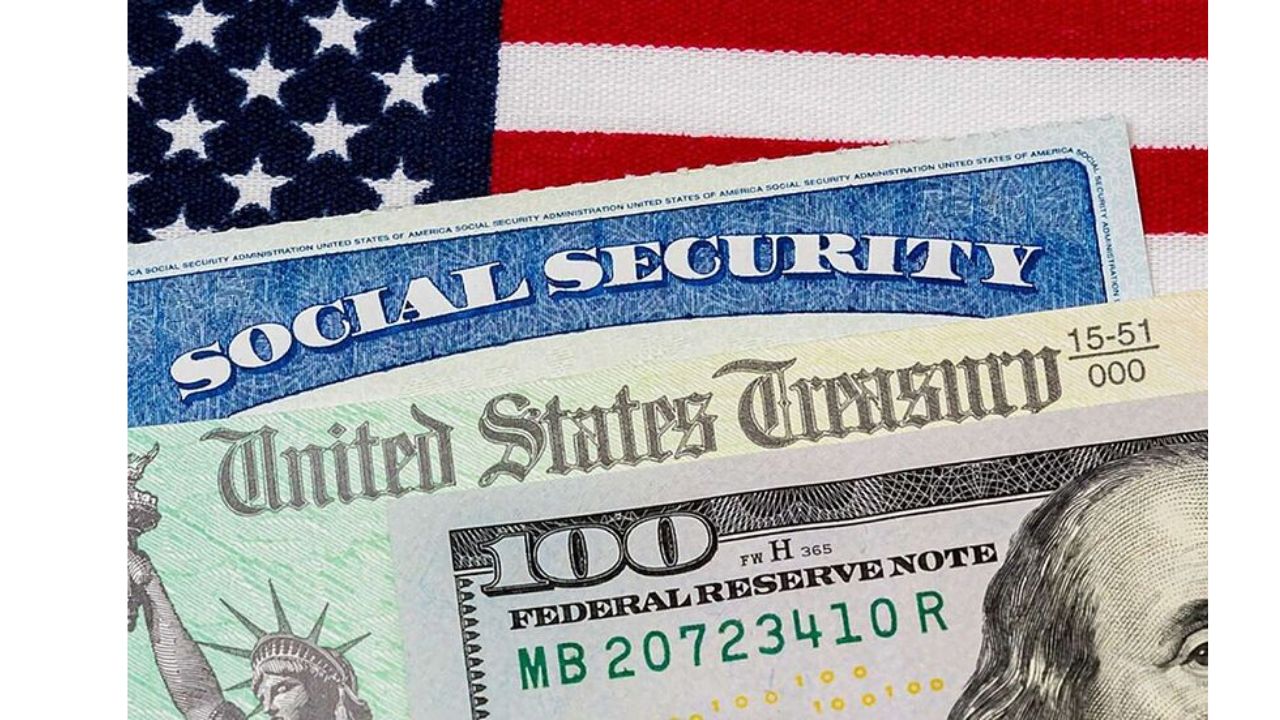In June 2023, the Social Security Administration (SSA) reported that a retired beneficiary’s average monthly Social Security payment amount at age 65 was $1,525 monthly. Your benefit is determined by your age at retirement, your wages during your working years, changes in the cost of living, and if you have a pension.
The significance of retirement age:
For Social Security purposes, retiring at age 65 is frequently regarded as “early” retirement. Depending on their full retirement age, most people cannot collect 100% of their Social Security retirement until they are 66 or 67.
The SSA determines your entire retirement age based on your birth year. The SSA will permanently lower your benefits if you retire before reaching full retirement age, but it will permanently raise your benefits if you wait until you do. Your age is the first item the SSA considers, even though other criteria also impact your monthly Social Security income.

Your full retirement age will determine how much you could lose if you retire at 65. The decrease increases with the time between your retirement and full retirement age. For instance, the SSA will decrease your payments more if you retire at 65 years and 6 months than if you retire at 65 years and 10 months, even if you can get 100% of your Social Security benefits at 66 and 4 months.
Even though you can start getting Social Security at age 62, your monthly income may drop by 30% if you do so. One benefit of retiring early is that you will receive more benefits than if you wait.
If you wait to claim Social Security until 70, you will earn your maximum monthly amount but receive benefits for fewer years overall. Therefore, consider your health, life expectancy, and present and future financial demands before deciding.
How much more will I get if I put off retirement?
The SSA raises your retirement benefits until you reach 70 for each month you postpone retirement past your full retirement age. Your birthdate determines how much your benefits grow.
| Year of birth | Monthly increase | Annual increase |
| 1933-1934 | 11/24 of 1% | 5.5% |
| 1935-1936 | 1/2 of 1% | 6.0% |
| 1937-1938 | 13/24 of 1% | 6.5% |
| 1939-1940 | 7/12 of 1% | 7.0% |
| 1941-1942 | 5/8 of 1% | 7.5% |
| 1943 or later | 2/3 of 1% | 8.0% |
After you hit 70, the monthly rise ceases. The SSA will continue to track your wages and may adjust your benefits depending on your earnings if you keep working after you start claiming benefits, which is permitted. However, working while receiving Social Security benefits may result in lower payouts if you are under full retirement age and make more than the annual earnings threshold.
What else affects my Social Security benefit amount?
- Your earnings. You will generally receive a more significant benefit if you have made more payroll tax contributions to Social Security throughout your working years. Your 35 highest-earning years are used to determine your income. Those years don’t need to be consecutive.
- Your work situation. While receiving Social Security payments, you can continue working. The SSA will, however, lower your benefits if you retire early and earn more than a specific amount. For every dollar you earn over $21,240 in 2023, the SSA will deduct 50% from your benefits if you are below full retirement age. If you reach full retirement age in 2023, you will lose 30% of every dollar you earn over $56,520 in the months below full retirement age.
- Cost-of-living increases. Annual cost-of-living adjustments are made to SSA benefits. 2025, the cost-of-living adjustment (COLA) for Social Security will be 2.5%. Even if you haven’t begun collecting benefits, you are eligible for cost-of-living benefit increases when you reach 62. Even if you wait until you reach full retirement age or beyond, the SSA still accounts for the increases in your payout.
- Your pension eligibility. The SSA will lower your benefits if you are eligible for a pension from a job that did not withhold Social Security taxes from your paychecks. For instance, instructors in public schools are frequently impacted by this cut.
How to apply for Social Security?
You can contact the SSA national toll-free hotline at 800-772-1213 (TTY 800-325-0778) to apply for Social Security and to inquire about your benefits. Additionally, you can schedule an appointment to apply in person at your neighborhood Social Security office.


